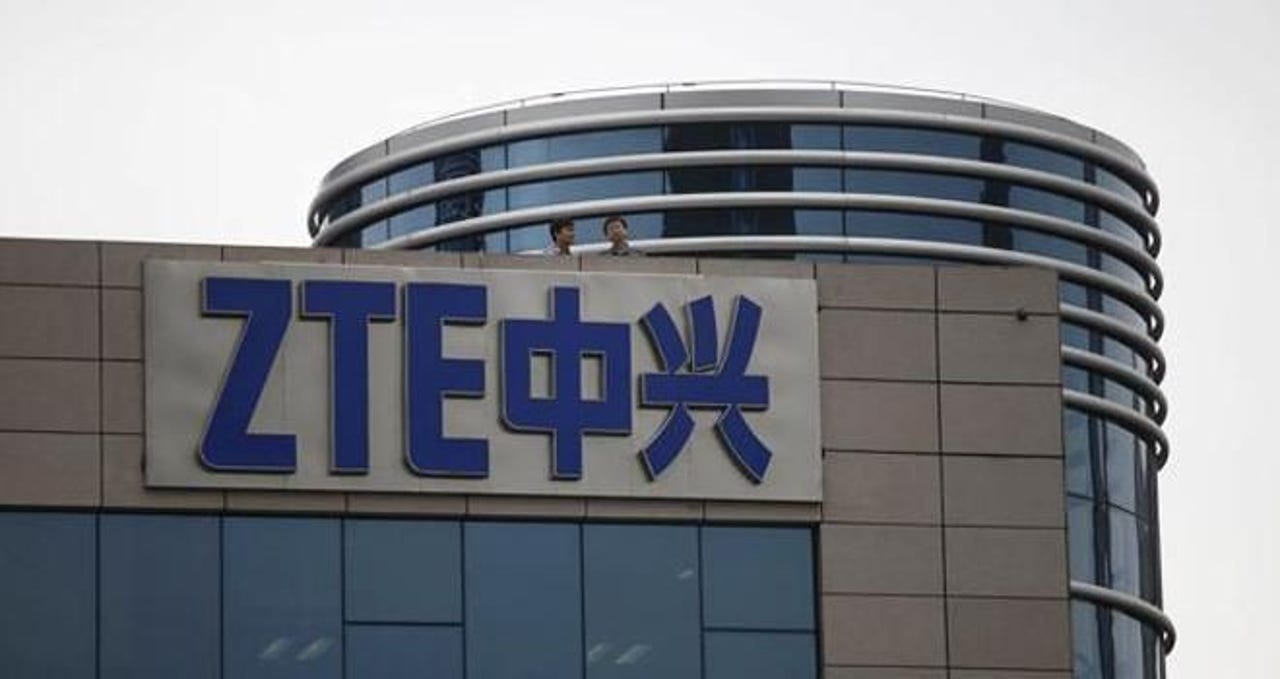ZTE stays on FCC national security threat list


The United States Federal Communications Commission (FCC) has thrown out a request from Chinese telco equipment maker ZTE to reconsider its status as a national security threat.
In June, the FCC's Public Safety and Homeland Security Bureau labelled ZTE and Huawei as threats, which barred equipment from the Chinese pair being used in rollouts funded by the FCC's Universal Service Fund.
ZTE filed on July 30 to have the decision overturned, but the FCC was unmoved.
"We deny ZTE's petition because it relies on arguments that have already been considered and rejected by the Bureau and does not demonstrate that the Bureau committed any material error or omission in its analysis," the FCC said in its order [PDF].
"In general, reconsideration is appropriate only when the petitioner demonstrates a material error or omission in the underlying order or raises additional facts not known or not existing until after the petitioner's last opportunity to present such matters. Because ZTE fails to demonstrate that any of these situations are present ... we deny ZTE's petition."
The FCC said a number of times that ZTE failed to challenge any of its interpretations of Chinese law, particularly with regard to the law in Middle Kingdom that companies need to comply with requests from Beijing to use or access systems.
"ZTE challenges none of these facts. It does not raise any disagreement with how Chinese law should be interpreted, nor does it challenge our finding that, in practice, the control of China's authoritarian system would effectively prevent ZTE from refusing to follow an espionage demand from the Chinese government," the FCC said.
"Nor does ZTE dispute that its close ties to the Chinese government make it a particular threat to US national security, as evidenced by US and allied intelligence services' warnings about ZTE. Finally, ZTE does not dispute its history of violating US laws designed to promote US national security and, in fact, engaging in deception to hide its violations of those laws."
In March 2017, ZTE was fined $1.2 billion by the United States for directly, or through third-party distributors, shipping $32 million worth of products containing American-made equipment to Iran between 2010 and 2016 without the proper licensing.
A year later, the Chinese company was hit with US export restrictions for shipping equipment to Iran and North Korea.
"Given the totality of the evidence in this proceeding, including unrefuted evidence of ZTE's obligations under Chinese law and as a subject of Chinese political control, the assessments of US and allied intelligence services, the views of Congress and the Executive Branch, as well as our lack of trust in ZTE's supposed compliance efforts, we uphold our decision to designate ZTE as a threat to US communications networks and the communications supply chain," the FCC said.
Arguments from ZTE that it had improved the security of its equipment were brushed aside.
"As we found in the Final Designation Order, manufacturers can show they have remedied discrete security vulnerabilities, but it does not change the fact that ZTE, as a whole, is an untrustworthy vendor for purposes of securing our communications networks and communications supply chain," the FCC said.
"Additionally, given ZTE's track record of persistent vulnerabilities in its systems, we must consider the likelihood that its products still contain unknown vulnerabilities, even if it has attempted to resolve known vulnerabilities. This risk is magnified by the ability of the Chinese government to require ZTE to abide by its national intelligence laws."
Alongside ZTE, Huawei was also labelled as a national security threat and has been the subject of further bans from Washington.
As a result, last week the company sold off its Honor sub-brand.
"Huawei's consumer business has been under tremendous pressure as of late. This has been due to a persistent unavailability of technical elements needed for our mobile phone business." Huawei said at the time.
"This move has been made by Honor's industry chain to ensure its own survival. Over 30 agents and dealers of the Honor brand first proposed this acquisition."
Related Coverage
- Sweden bans Huawei and ZTE equipment from 5G rollout
- US telecoms would spend $1.8 billion to replace ZTE, Huawei network equipment
- Trade war restrictions force Huawei to sell off Honor business
- Australian telco security coordinator concerned at network virtualisation plans
- FCC officially designates Huawei, ZTE as national security threats
- Four more European nations sign onto US 5G security agreements